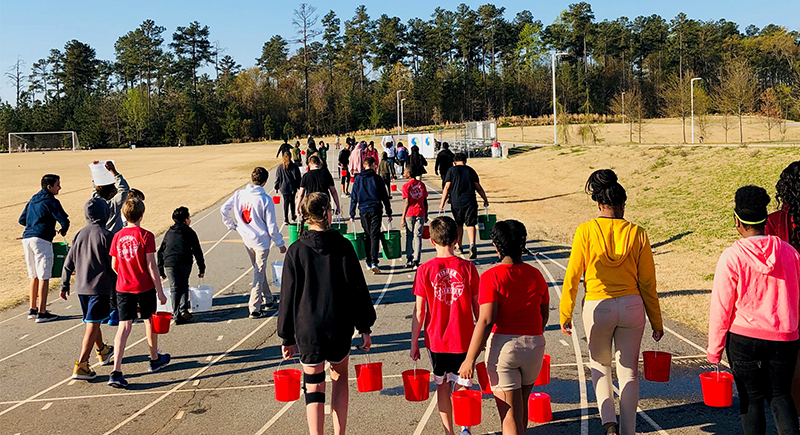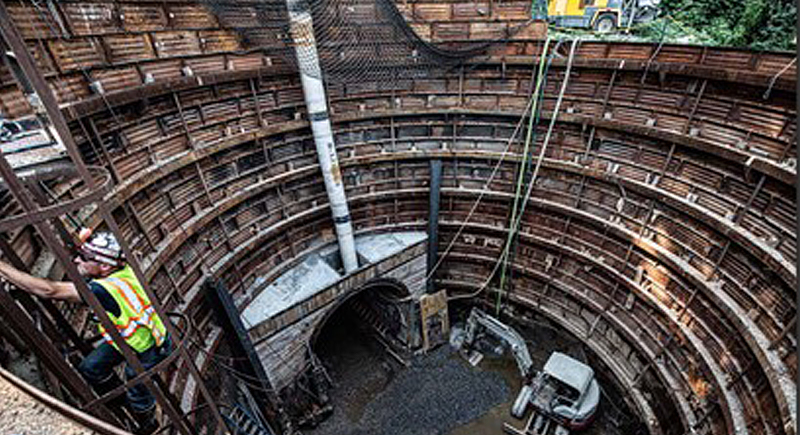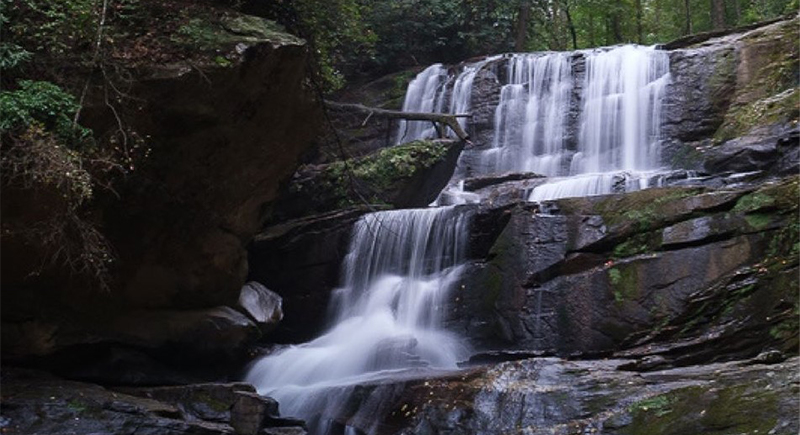Renewable Water Resources
Using Community Partnerships, Transparency, Engagement, and Education to Expand Reach and Impact
Location: Greenville, South Carolina | Population: 513,000
Achievements
1,000 jobs created (ZF Transmissions)
161,919 students impacted
52.8 acres of land converted for recreation
ReWa (aka Renewable Water Resources) was created as the Greater Greenville (South Carolina) Sewer District in 1925 to treat wastewater and provide needed infrastructure to the surrounding areas. In the 1950s, local mills that brought economic strength to the area also introduced poisons to its local waterways. Many used the waterways, mainly the Reedy River, for their waste disposal. As a textile center, Greenville companies produced products using many dyes, which caused the Reedy River to run purple one day and blue the next. This eventually led to the decline of the local economy. ReWa wanted to focus its efforts on treating the waste to protect and preserve local waterways, but it had no authority to do so.
Over time, as treatment technologies improved, ReWa was able to remove more contaminants, but it wasn’t until the introduction of the 1972 Clean Water Act that it had the regulatory backing it needed to truly meet the clean water challenges it faced.
A strong focus over the last decade has been cultivating a community understanding of ReWa and engaging local community members

A Focus on Continued Environmental Improvement
Through the introduction of dechlorination in 1984, advanced phosphorus removal in 1998, ultraviolet disinfection, deep bed sand filters in 2004 and its Piedmont Regional membrane facility in 2013, ReWa has demonstrated its commitment to improving the quality of effluent it releases back into local waterways.
The Reedy River area of Boyd Millpond and Lake Greenwood were both on the state health department’s 303d list for total phosphorus for many years. In part due to the efforts of ReWa’s Reedy River Water Quality Group, which is a community collaboration focused on protecting the River, both areas came off the list in 2016. Because of ReWa’s commitment to continuous improvement and innovation, it has consistently reduced Biochemical Oxygen Demand as well.
ReWa instituted a FOG (fats, oils, grease) and bio-solids mixing program in 2000 to ensure FOG is properly disposed of at its Water Resource Recovery Facilities. This helps ReWa increase its biogas production, leading to more efficient power generated for anaerobic digestion of bio-solids.
Further supporting environmental improvement, ReWa’s Oyster Shell Recycling program encourages local restaurants and individuals to donate discarded shells to be returned to the South Carolina coast. Oysters filter and improve water quality. Discarded oyster shells can be used to breed more oysters, replenishing the population and benefiting the coast.

Clean Water is Good for Business
Numbers show that a significant portion of Greenville’s economic development is thanks to strategic investments in wastewater infrastructure. For example, when ZF Transmissions, a large manufacturing facility, was looking to move to the area, ReWa was a key player in ensuring that reliable wastewater infrastructure and services were available. This led to the creation of more than 1,000 new jobs since 2013.
In addition, Greenville and surrounding areas have received multiple accolades over the years directly related to tourism. ReWa’s partnerships with organizations like the Greenville County Recreation Department have provided recreational spaces to help boost tourism. ReWa collaborated with Greenville County and other community stakeholders to recycle and revitalize many ReWa properties, turning them into community amenities such as parks, recreation facilities, and dog parks. ReWa also works closely with local housing authorities to provide and plan for access to wastewater infrastructure and have a voice in the long-term growth planning.

Partnerships Key to Success
ReWa partnered with many organizations over the last few decades to use land and easements for recreational purposes, converting an estimated 52.8 acres to date. Most recently, ReWa partnered with The City of Greenville, Greenville Cancer Society and Naturaland Trust to provide a space for healing in our community: the Cancer Survivor Park. A portion of the park is built on ReWa owned land and provides a space for peace and healing.
A strong focus over the last decade has been cultivating a community understanding of ReWa and engaging local community members, legislative officials and schools. To help fuel this initiative, ReWa opened a Water Discovery Lab in 2018 to serve as ReWa’s laboratory and act as an interactive educational and event space. ReWa partners with the Conestee Nature Preserve to provide students a unique learning opportunity during the summer to foster environmental appreciation. Educational collaborations, like ReWa’s annual “Walk for Water” with Fisher Middle School, inform and inspire Greenville’s next generation to advocate for clean water across the world. In 2019, this event raised enough money to build a drinking water well for a secondary school and community in Tanzania. Through its partnerships, ReWa has reached and impacted 161,919 students.
ReWa has established itself in the community as an organization that’s dedicated to preserving, protecting and purifying local waterways so residents can continue to enjoy a great quality of life, and so regional businesses can continue to enjoy access to clean, fresh water.
Tell Your Story
The success of clean water agencies depends on everyone sharing their own stories of success. We'd love to help you tell your story!
Find Out More